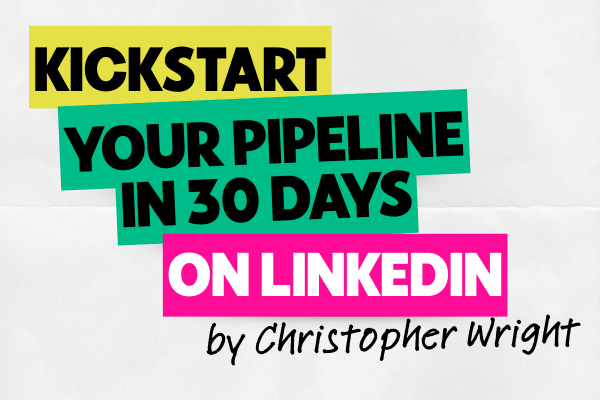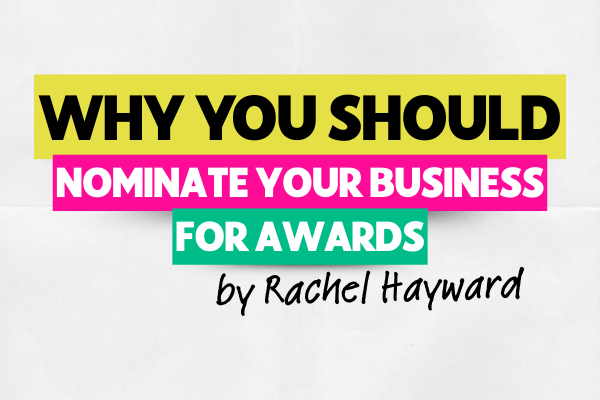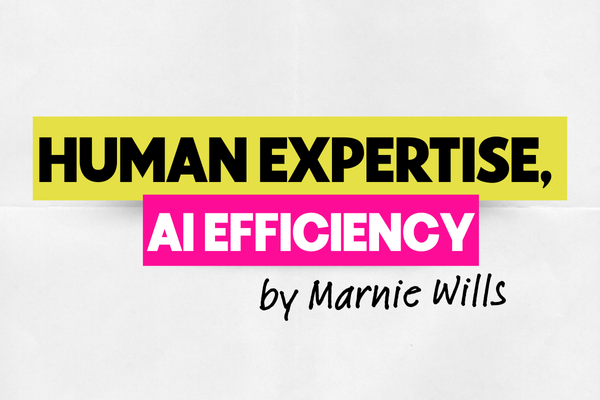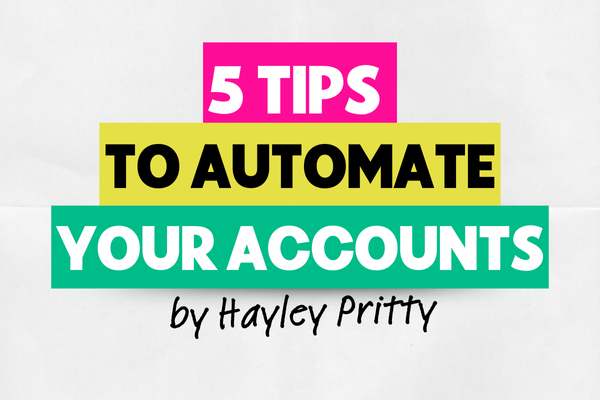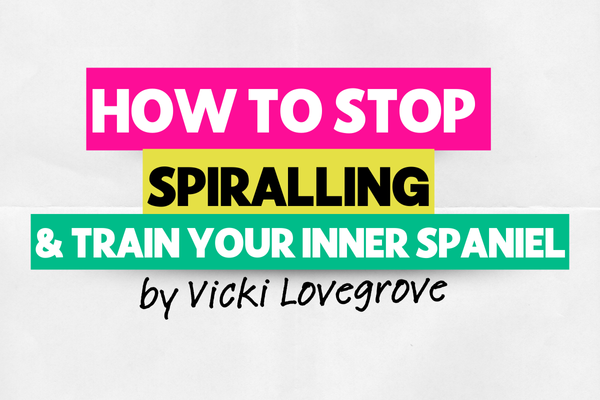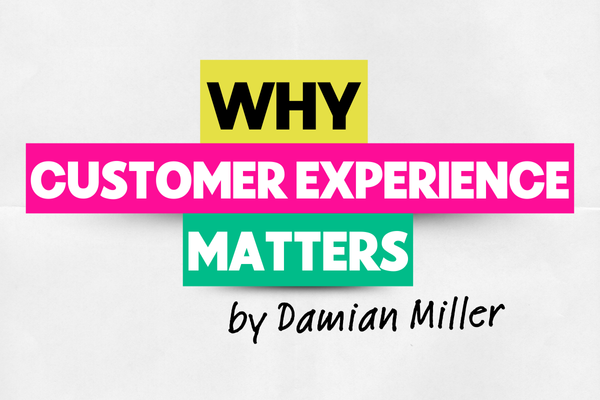What you need on a small business website
And what you should budget to make it happen
WRITTEN BY: RACHEL HUGHES, SQUARESPACE SPECIALIST, BRIGHT AVENUE
If you’re a small business owner or freelancer starting up, the topic of websites can throw up A LOT of questions.
From how many webpages you need, to what platform you should use - to whether you should DIY or hire a web designer. It can feel like a minefield.
And oftentimes, one of the most pressing questions is:
What’s the bare minimum I actually need for a website that does the job?
This blog explores what you really need to create a solid, effective digital home for your business.
Do I even need a website?
I appreciate that I’m biased, but I believe in most cases the answer to this is YES! Honestly.
There are so many benefits to having a website:
90% of B2B buyers research 2–7 websites before making a purchase or booking a call. Without a site, it’s harder to compete.
You own your content so no shifting algorithms or disappearing posts.
It’s your central hub: your brand, your offers, your voice: all in one place.
If your competitors have one, people will expect it from you too.
So what should you include?
Pages
Typically I advise small businesses to start with four core pages as a minimum:
Home: Your online shop front. Let people know who you are, who you serve, and how you help. First impressions matter.
Services/Offers: Clearly outline what you do and how people can work with you. Showcase your edge and value. Add testimonials or Google reviews to build trust, and an FAQ section at the bottom.
About: Don’t underestimate this one. It’s often one of the most-visited pages. People work with people.
Contact: Include a few ways to get in touch: email, social media, contact form, even a phone number or WhatsApp if you’re happy to. Set expectations on response time and next steps.
If you’re offering just one service, a well-designed one-page site might be enough, but for most businesses, four pages gives you a strong foundation.
What else might you need?
Blog
If you have the time, consider adding a blog (like this one!) too. This supports search engine optimisation (SEO) which is your strategy for driving traffic to your website from search engines. As well as helping your SEO, a blog gives more depth to the experience people have on your website and helps to serve your audience, showcase your expertise and build credibility.
SEO Strategy
If you want your website to be found on Google, you’ll need an SEO foundation. Your web designer should be able to help with this or signpost you to someone who can.
Other common questions I get asked on discovery calls with clients are...
Do I need a domain, and where should I get it?
Yes, every website need a domain. Your domain is your site’s address online, like www.the-holt.com. You can purchase one from providers like NameCheap, GoDaddy or Squarespace, then connect it to your site when you’re ready.
What platform should I build on?
This depends on your priorities. I mainly design on Squarespace because:
It’s easy to maintain post-launch
One monthly fee covers hosting, security, and support
It looks beautiful and professional
Other good options are:
Shopify is highly recommended for e-commerce
WordPress is ideal for more complex, highly-customised sites
What budget should I plan for?
Expect to invest £1000–£2500+ for a web designer to create a small website. There are more affordable options including:
Buying a template and setting it up yourself
Choosing a designer’s template and having it restyled is a potentially good half-way house.
The bottom line?
You don’t need everything to get started, and your website doesn’t need all the bells and whistles.
But you do need a thoughtful, well-structured site that makes it easy for people to connect and take action.
ABOUT THE AUTHOR
Rachel Hughes is the founder of Bright Avenue, a web design studio born from a decade in business development and a lifelong love of creativity. After 10 years working with one of the UK’s largest charities, she swapped corporate life for code and creativity in 2022 and hasn’t looked back since.
Now, as a mum of three (plus Ethel the cockapoo), Rachel builds bold, beautiful, high-performing websites that do more than just look good; they work hard. She’s the talent behind Lea Turner’s stunning website and a trusted partner to small business owners who want their online presence to truly shine.
She’s also alarmingly good at Shuffleboard - who knew?






